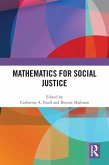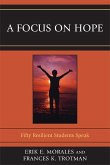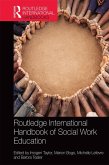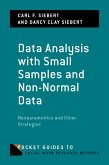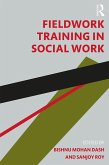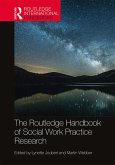This book contains examples of topics linking math and social justice and addresses both goals. There is a broad range of mathematics used, including statistical methods, modeling, calculus, and basic algebra. The range of social issues is also diverse, including racial injustice, mass incarceration, income inequality, and environmental justice. There are lesson plans appropriate in many contexts: service-learning courses, quantitative literacy/reasoning courses, introductory courses, and classes for math majors. What makes this book unique and timely is that the most previous curricula linking math and social justice have been treated from a humanist perspective. This book is written by mathematicians, for mathematics students. Admittedly, it can be intimidating for instructors trained in quantitative methods to venture into the arena of social dilemmas. This volume provides encouragement, support, and a treasure trove of ideas to get you started.
The chapters in this book were originally published as a special issue of the journal, PRIMUS: Problems, Resources, and Issues in Mathematics Undergraduate Studies.
Dieser Download kann aus rechtlichen Gründen nur mit Rechnungsadresse in A, B, BG, CY, CZ, D, DK, EW, E, FIN, F, GR, HR, H, IRL, I, LT, L, LR, M, NL, PL, P, R, S, SLO, SK ausgeliefert werden.



